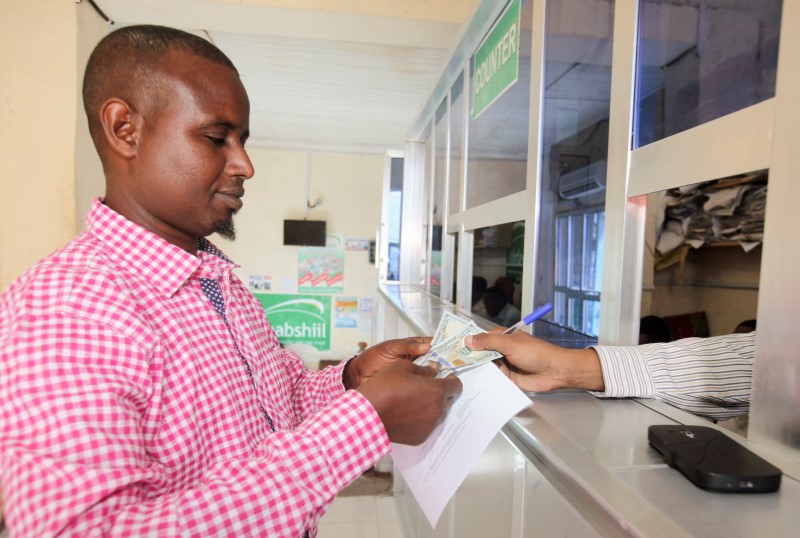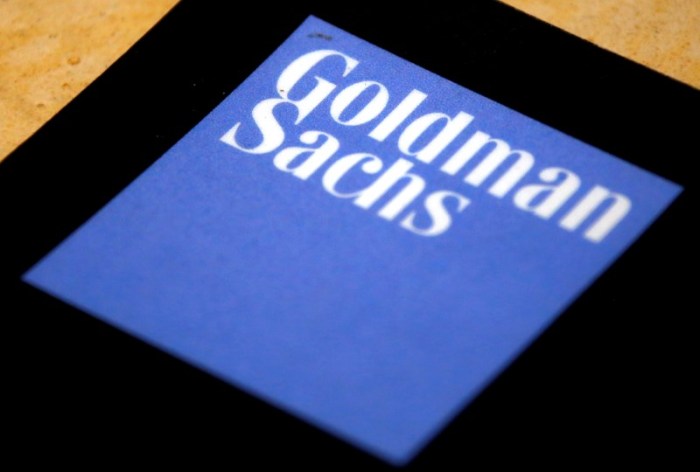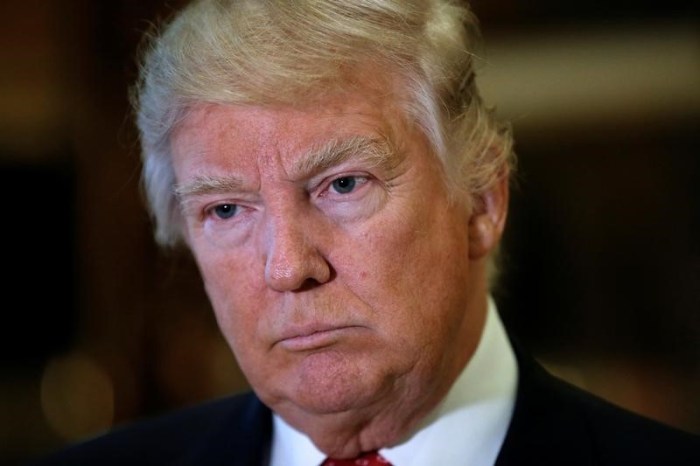By Huw Jones
LONDON (Reuters) – Global regulators will try to get more insight into why major banks are withdrawing from handling cross-border payments, making it harder for people to send money to relatives and loved-ones abroad. Banks say it has become more costly to comply with tougher customer checks against money-laundering and terrorist financing, putting pressure on regulators to ease up.
The Financial Stability Board (FSB), which coordinates regulation across the Group of 20 economies (G20), says it is worried that fewer major banks are offering smaller banks correspondent relationships, the links which enable such remittances. Banks’ reluctance to handle smaller cross-border payments could drive some flows underground, potentially hurting economic growth and hampering financial inclusion, as well as damaging the stability and integrity of the financial system. The FSB set out in March 2016 to implement an action plan.
“The FSB has identified… some areas where additional data and information is necessary to assess the scale of withdrawal from correspondent banking,” it said on Thursday in an update on efforts to stop the decline in correspondent banking. For example, the IMF has noted that in the Caribbean region at least 16 local banks have lost some or all of their correspondent banks.
Last November, the Australian Remittance and Currency Providers Association said the exit of major banks from the A$50 billion remittance sector is forcing more money “into the shadows”. Britain’s Barclays began closing the bank accounts of Somali money transfer businesses in 2013, saying it did not want to do business with firms that don’t have adequate controls.
This has forced some remittance firms to use intermediaries.
“Remittance commission has gone up and because there is no bank account, you have to collect the money physically, which increases overhead costs and expense,” Micin Ali of Somali Money Services Associates said on Thursday. “The banks cite all the compliance, but they don’t have any data. They just worry they get fined if anything happens,” Ali said.
The FSB, chaired by Bank of England Governor Mark Carney, said global regulatory bodies will consider revising guidance from October onwards on correspondent banking, and on anti money-laundering and terrorist financing rules. This could include clarifying to what extent a correspondent bank should check on the ultimate recipient of a money transfer.
Regulators will also help countries affected by bank withdrawals to improve their anti money-laundering controls.
“Work under the action plan will continue in 2017 to address these issues, including continuing to monitor changes in correspondent banking to assess whether the plan is having the intended impact,” the FSB said. (Reporting by Huw Jones; Editing by Ruth Pitchford)
Regulators to dig deeper into worries over money-laundering checks

By Huw Jones

















